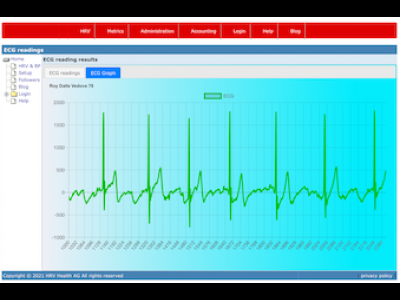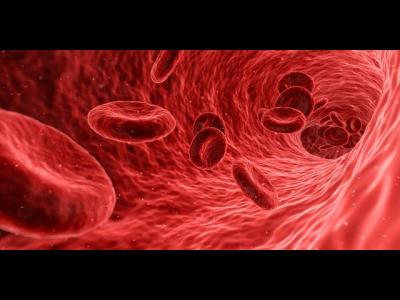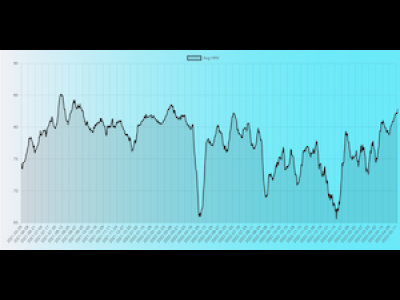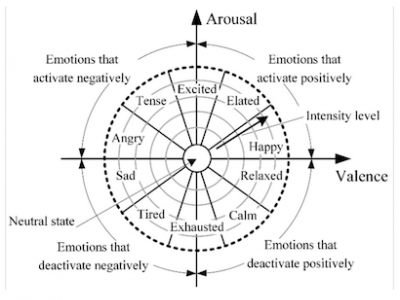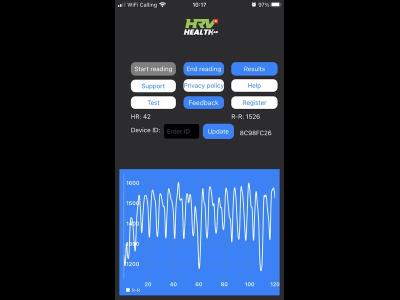Introduction
Why HRV is important?
The heart beat forms one of the most important indicators of health. The simplest measure is the pulse rate, or the number of beats per minute. It is controlled by the autonomic nervous system (ANS), that part of our body that works automatically, making sure we breath, and our blood keeps pumping.
When our body experiences stress, the heart beats faster in response. As the stress alleviates, the pulse rate returns to normal. But even at a steady pulse rate, let’s say 60 beats per minute (BPM) the time between each beat varies. Measured in milliseconds (ms), instead of being the expected 1000ms between each beat, the inter beat interval (IBI) varies:
Learn MoreHealthcare
The Healthcare Crises
Healthcare costs are rising at an unsustainable rate. In America they are already 17.9% of GDP. The other rich economies are on the same trajectory.
Yet even with their sophisticated healthcare systems, it is these same countries whose hospitals were overwhelmed during the Covid-19 pandemic. The data show us why.
The countries that suffered the highest mortality rates are those with the highest obesity rates. Conversely, Vietnam, the country with the lowest obesity rate also has one of the lowest Covid-19 mortality rates.
Of the people infected, 33% are asymptomatic. Many of the world’s leading athletes have had Covid-19: Novak Djokovic, Lewis Hamilton, Adam Yates, Egan Bernal. None needed medical treatment. All are still dominating their sports.
A physically active life-style is the route to solving the healthcare crises.
Learn MoreFrequently asked questions
Some tips to get the most out HRV
Articles
Read Our Latest Articles
Apps
Download HRV Health Apps



